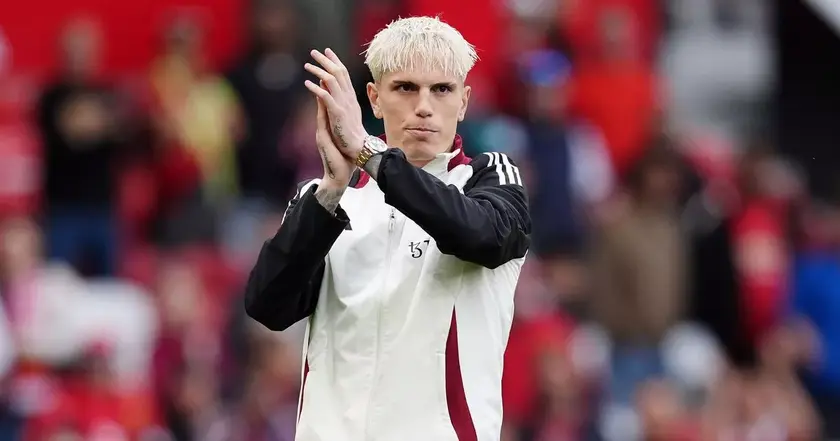T4K3.news
Garnacho not selected for Argentina ahead of transfer links
Garnacho trained away from the first team and was left out of Argentina's World Cup qualifiers, fueling transfer speculation with Chelsea and Napoli linked to a possible summer move.
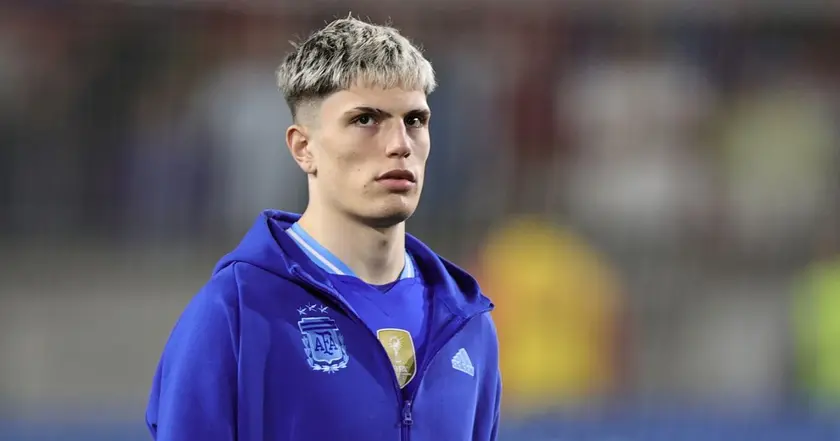
Garnacho has trained privately at Carrington after missing Argentina selection, with links to Chelsea and Napoli fueling a potential summer move.
Garnacho training alone as Argentina omission fuels transfer speculation
Garnacho has not been called up by Argentina for World Cup qualifiers against Venezuela and Ecuador, and he did not feature in Manchester United’s season opener against Arsenal. He has been training separately at Carrington for about a month, amid ongoing transfer chatter surrounding his future.
Links to Chelsea and Napoli have grown stronger, with reports that the player’s representatives attended Stamford Bridge last season and Chelsea viewed as the frontrunner for his signature. United are said to be weighing a summer sale, a move that would fit the club’s Profit and Sustainability Rules while earning significant financial return. The row with former manager Ruben Amorim, including a benching in a European final, is cited as part of Garnacho’s turbulent recent trajectory, though Amorim has framed the situation as a natural shift in leadership and paths in football.
Key Takeaways
"Talent can outpace loyalty in football"
Comment on how young players move quickly through value and expectations
"Leadership changes shape a player's path as much as game time"
Reflecting on Amorim's remarks and Garnacho's career trajectory
"A young star becomes a market asset faster than a coach can mentor him"
Observing how market forces impact player development
"The profit rules test the balance between development and results"
Note on PSR and club strategy in transfers
Garnacho’s case highlights a wider question in modern football: how clubs balance rapid talent growth with discipline and long-term culture. Manchester United must decide whether selling a promising 21-year-old now serves the club’s development goals or short-term balance sheet gains. The PSR framework adds a financial imperative, but fan and partner expectations weigh on every transfer decision. The story also points to leadership dynamics within a top club, where a player’s arc can hinge on fit with coaches, teammates, and the culture the academy tries to sustain.
If United move Garnacho on this summer, they send a message about how they value youth vs results and marketability. If they keep him, they face the challenge of integrating a talents with a history of disciplinary issues into a team aiming for consistency and progression. Either path will shape how the club nurtures emerging players in an era of big-money deals.
Highlights
- Talent can outpace loyalty in football
- Leadership changes shape a player's path as much as game time
- A young star becomes a market asset faster than a coach can mentor him
- The profit rules test the balance between development and results
Financial and fan reaction risk
Selling Garnacho could optimize finances under PSR rules but may trigger fan backlash and investor scrutiny. The move also tests the club’s development model and identity.
The next weeks will reveal whether Garnacho remains a United prospect or becomes another transfer headline in a changing football economy.
Enjoyed this? Let your friends know!
Related News
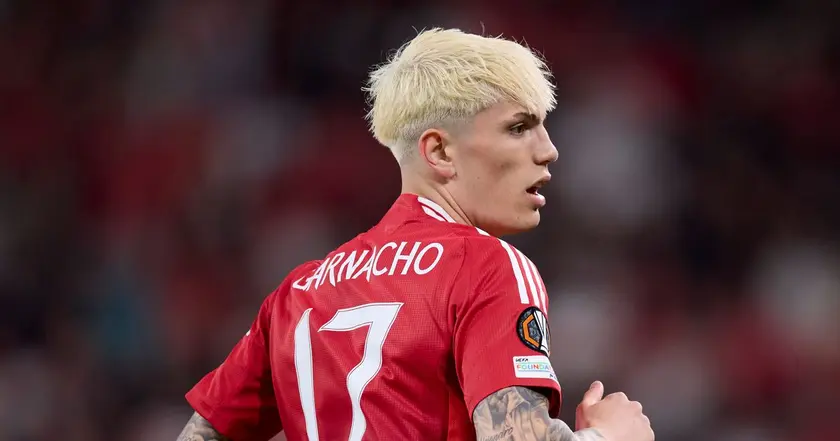
Garnacho transfer status
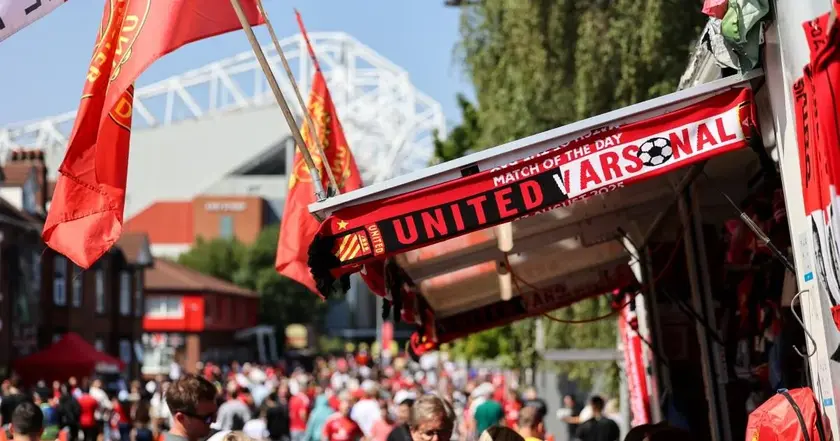
Garnacho transfer talks intensify
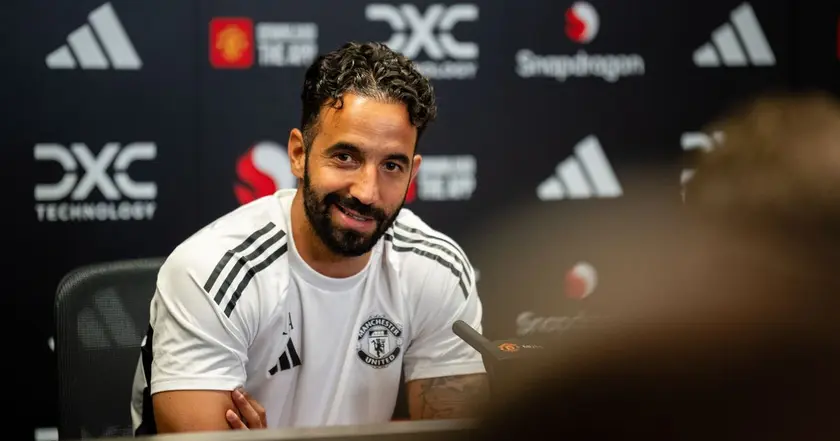
Manchester United lineup hints ahead of Arsenal visit
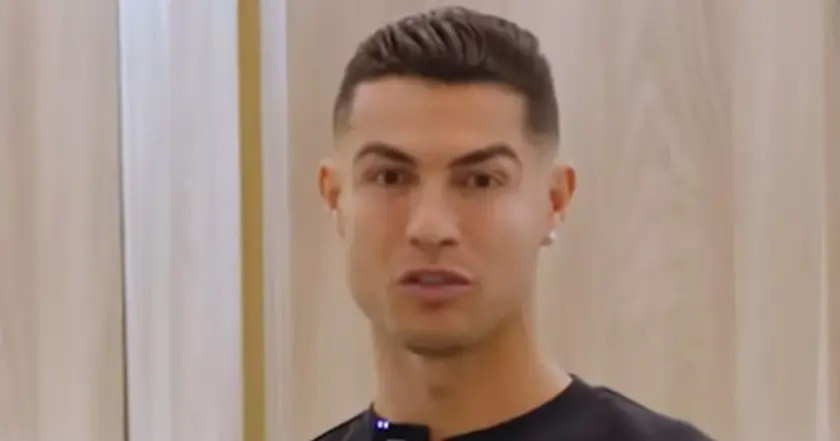
Ronaldo backs Savinho ahead of Yamal in Tottenham link
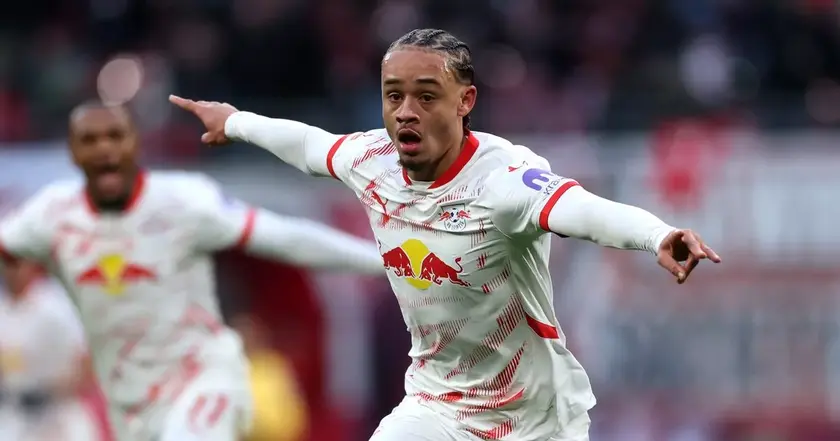
Chelsea deadline alert
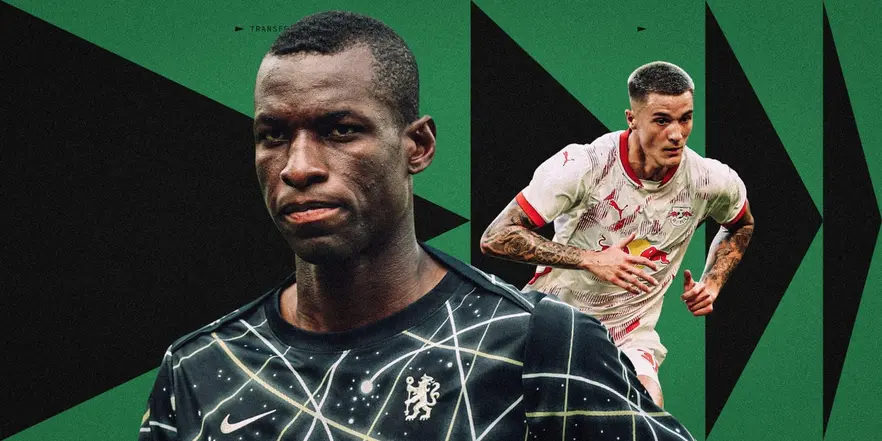
Transfer news intensifies as deadline approaches
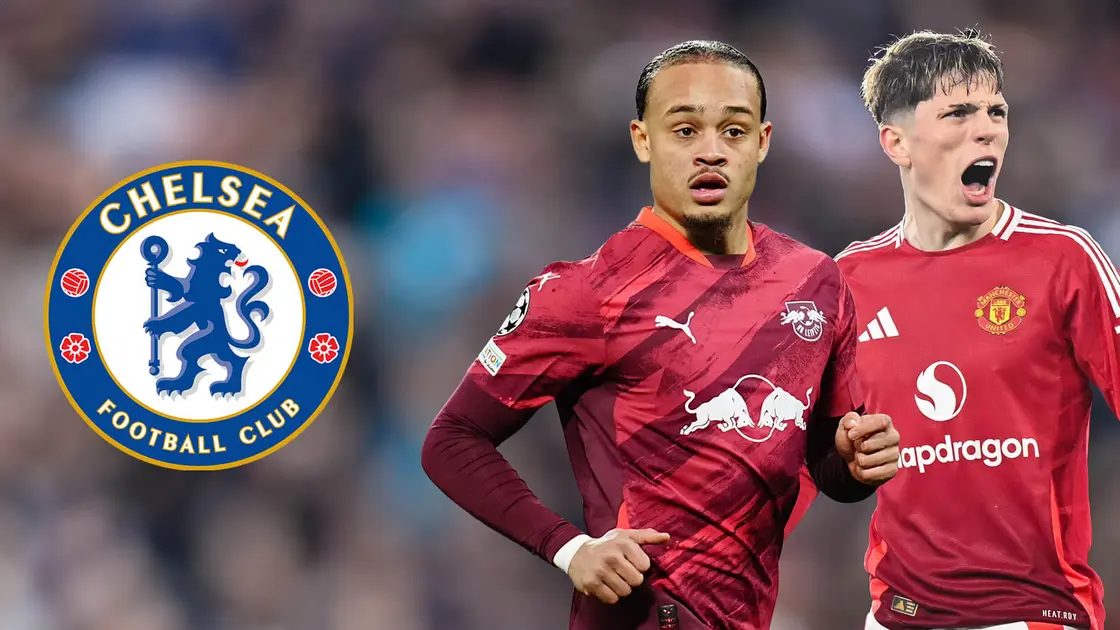
Chelsea deepens Garnacho links
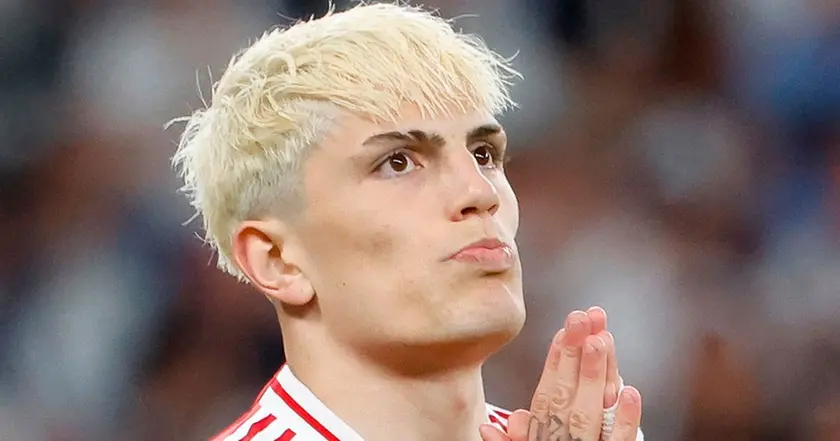
Garnacho to Chelsea in transfer talks
